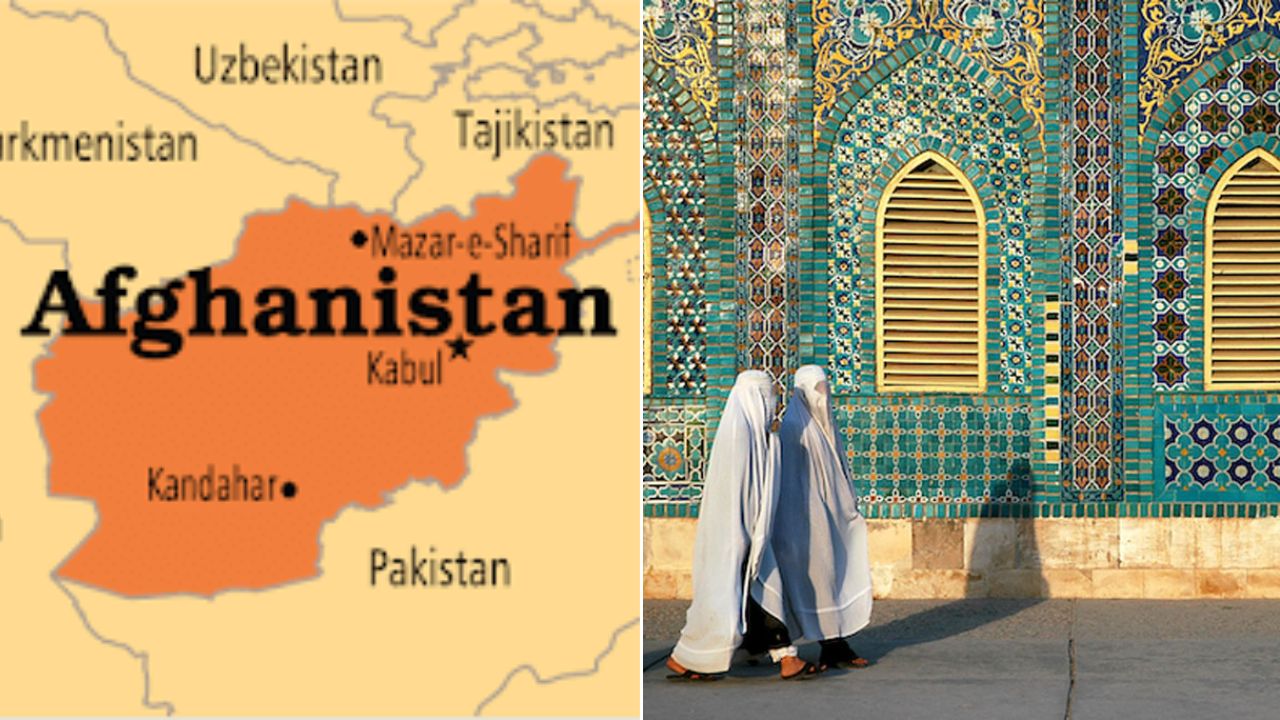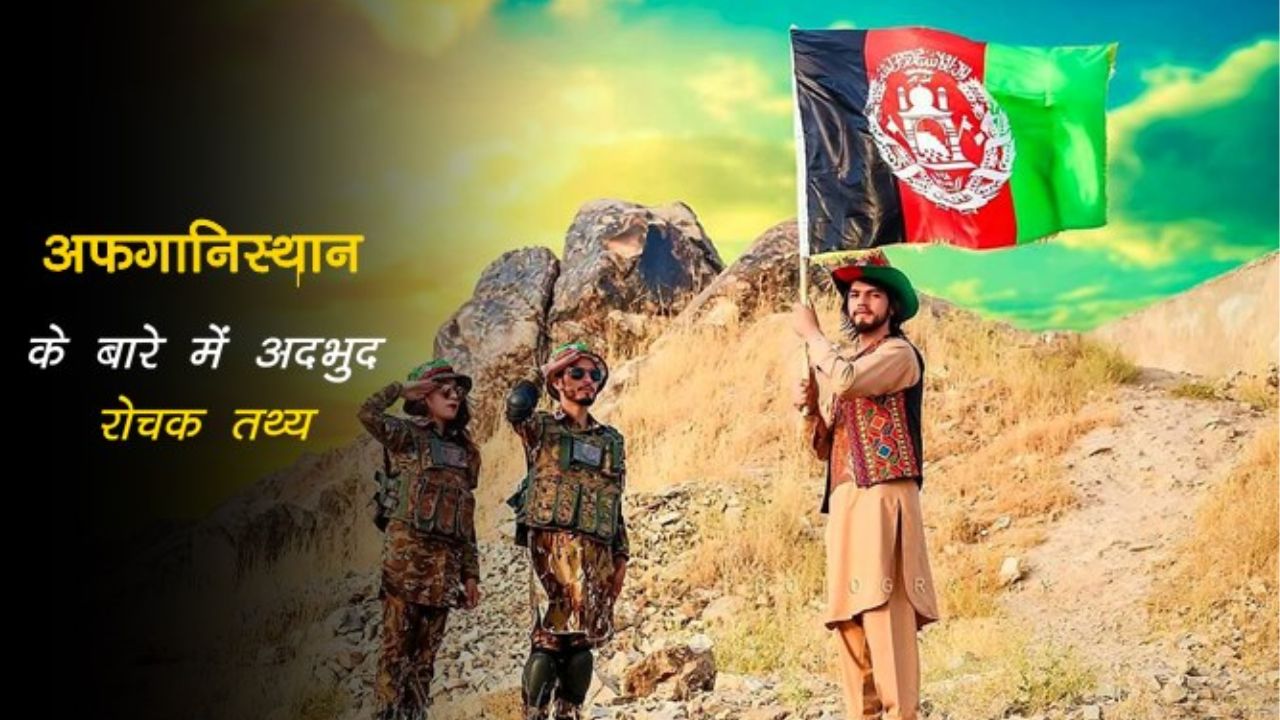Like Pakistan, Bangladesh, and Myanmar, Afghanistan was once part of India. Approximately 3,500 years ago, Zoroaster, the philosopher who founded a monotheistic religion, resided here. The great poet Rumi was also born in Afghanistan in the 13th century. Gandhari, the wife of Dhritarashtra, and the renowned Sanskrit grammarian Panini, were also inhabitants of this land. Let's explore some interesting facts about Afghanistan in this article.
The Formation of Afghanistan
Afghanistan, today the smallest country bordering India, had its borders defined in the late 19th century. Historical evidence suggests that around 327 BC, during the invasion of Alexander the Great, Afghanistan was under the rule of the Persian Achaemenid kings of Persia. Following this, during the Greco-Bactrian rule, Buddhism gained popularity. Throughout the Middle Ages, many Afghan rulers attempted to establish control over the Delhi Sultanate, with the Lodi dynasty being prominent. Furthermore, many Muslim invaders, supported by Afghan kings, attacked India. During that time, some areas of Afghanistan were also part of the Delhi Sultanate. The first invasion of India originated from Afghanistan. Subsequently, various invasions of India were launched from the different passes of the Hindu Kush. Conquerors included Babur, Nader Shah, and Ahmad Shah Abdali. Ahmad Shah Abdali, being of Afghan lineage, established a unified empire in Afghanistan. By 1751, he had conquered all the territories encompassing present-day Afghanistan and Pakistan.

Interesting Facts about Afghanistan
The name Afghanistan originates from "Afghan" and "stan," meaning the land of the Afghans. "Stan" is common in the names of many countries in this region, such as Pakistan, Turkmenistan, Kazakhstan, Hindustan, etc., denoting land or country. The term "Afghan" primarily refers to the Pashtun ethnic group, the major inhabitants of the region.
Afghanistan has been a significant region for emperors, conquerors, and invaders. Notable figures include Alexander the Great, the Persian ruler Darius the Great, the Turkic conqueror Babur, Muhammad of Ghor, Nader Shah, and others.
Afghanistan is the ancient homeland of the Aryans, their arrival dating back to 1800 years before Christ. Approximately 700 years before Christ, the northern regions of Afghanistan comprised the Gandhara Mahajanapada, mentioned in Indian sources like the Mahabharata. Gandhara was a Mahajanapada during the Mahabharata period. The Kauravas' mother, Gandhari, and the famous maternal uncle Shakuni, hailed from Gandhara.
The plant described as Soma in the Vedas is known as Haoma, found in the mountains of Afghanistan.
Under Alexander's Persian campaign, Afghanistan became part of the Hellenistic Empire. It later came under the rule of the Shakas (Scythians).
There were continuous struggles for dominance among the Indo-Greek, Indo-European, and Indo-Iranian rulers who governed here. Other rulers, including Indian Mauryan, Shunga, and Kushan rulers, also reigned over Afghanistan.
The primary ethnicity of Afghanistan is Pashtun. Pashtuns are Pathans; initially, they were called Pakhtas. In the 44th verse of the fourth mandala of the Rigveda, we find the mention of the Pakhtuns as "Paktyakas." Similarly, the 91st hymn of the third mandala mentions the Afridi tribe, referring to them as Aparathas. In the battle between Sudas and the five kings, the "Pakhtuns" are mentioned as allies of Puru (Yayati's clan).
Poetry, with a history of over a thousand years, is a vital aspect of Afghan culture.
Shops and businesses remain closed in Afghanistan on Fridays, as it's considered a holy day. The Bamiyan Valley in Afghanistan is home to some of the world's earliest oil paintings.
Dari and Pashto are the official languages of Afghanistan, while Turkic dialects are spoken in some regions.
English is the most commonly used foreign language.
Afghanistan is home to 14 ethnic groups.
Islam is the official religion of Afghanistan, practiced by 90% of the population.
Although all Afghans are Muslims, they do not consume pork or alcohol.
The new year is celebrated on March 21st in Afghanistan, symbolizing the first day of spring.
Despite electricity shortages, 18 million Afghans use mobile phones.













